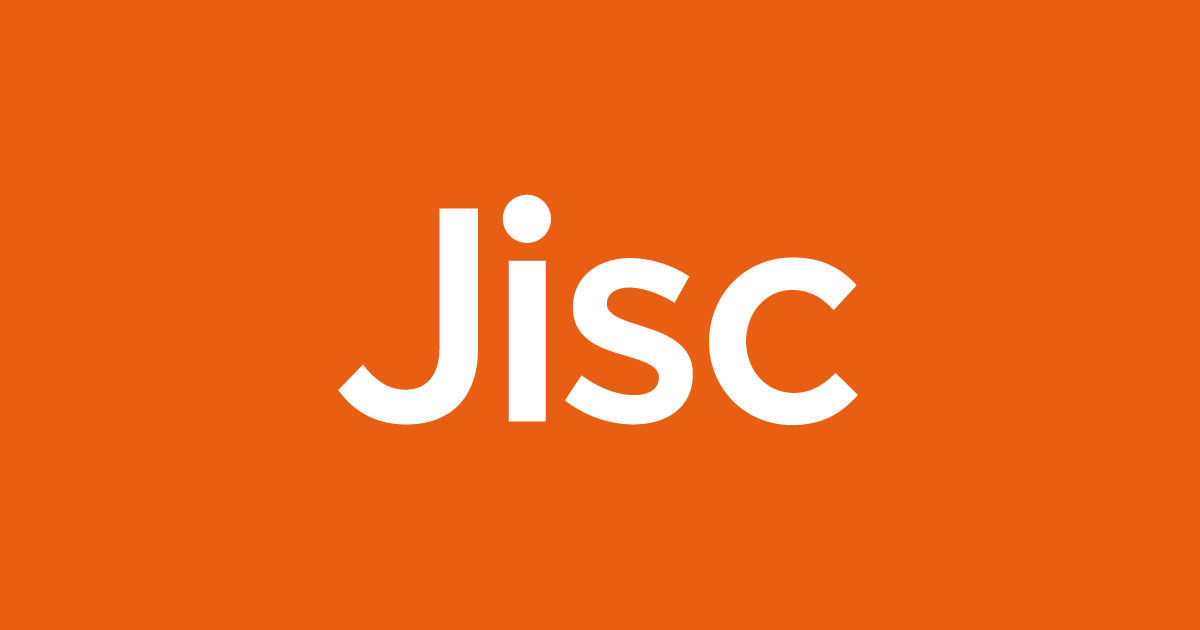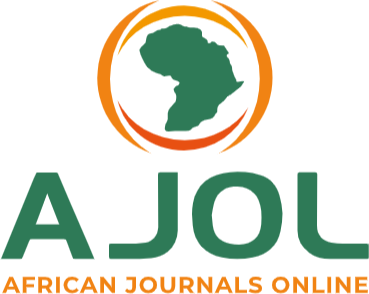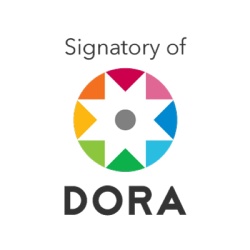The role of social networks in the virtual political mobilization of citizens to form an effective cyber public opinion in building decisions
Abstract
This study aims to analyze the role of social media in promoting virtual political mobilization among citizens, and how it contributes to shaping cyber public opinion that can be effective in the political decision-making process. Using a descriptive analytical approach, it highlights the mechanisms used by these networks to stimulate political participation and raise political awareness among individuals. It also highlights the most prominent challenges facing the effectiveness of this cyber public opinion. The study concludes that social media represents an alternative space for political dialogue and popular participation, contributing to the creation of collective political awareness, particularly among young people.
Downloads
References
Nūn, & Ghassān, J. (2021, August 26). Digital political action in the Arab world and the system of values and transformations. Retrieved from https://bit.ly/3yigpDW
Quṭbī, R. (2017). Social media networks and political participation of Moroccan youth in the 2015 municipal and regional elections. Arab American University Journal for Research, 107.
Abd al-Ṣādiq, ʻ. (2021, August 25). Cyberspace and public opinion: Changing society, tools, and influence. Retrieved from https://bit.ly/3zj0w1C
Al-ʻĪsawī, S. (2021, August 23). Social media: Growing impacts and complex roles in the Arab world. Retrieved from https://bit.ly/3kn12W0
Bakkūsh, R., & ʻAzzūz, R. (2020). The role of social media in influencing public opinion: The Algerian popular movement as a model (A field study on second-year Master students in sociology). University of Martyr Hamah Lakhdar, El Oued.
Bwʻmwshh, & Būbakr, N. (2019). The role of social media networks in shaping public opinion among Algerian citizens. Journal of Humanities Research and Studies, 248.
Ibn Mubārak, A.-Ṣ. (2021, August 25). Social networks: Danger or opportunity? Retrieved from https://bit.ly/3kotoiH
Jumʻah, & Saʻd Nwshy. (2017). Social media networks and freedom of expression regarding individual rights and social diversity. Journal of Media Researcher, 41-42.
Maʻtūq, I. (2021, August 25). Social media and the manufacture of public opinion. Retrieved from https://bit.ly/3zjqxOb
Mickoleit, A. (n.d.). Social media use by governments: A policy primer to discuss trends, identify policy opportunities and guide decision makers. OECD Working Papers on Public Governance.
Rḥāt, S., Bakkūsh, S., & ʻAzzūz, R. (2020). The role of social media in influencing public opinion: The Algerian popular movement as a model. University of Martyr Hamah Lakhdar, El Oued.
Sharaf al-ʻĪsawī, S. (2021, August 23). Social media: Growing impacts and complex roles in the Arab world. Retrieved from https://bit.ly/3kn12W0
Sideri, M., & Autre, M. (2021, March 28). Social media use for decision-making processes in educational settings: The Greek case for leadership’s views and attitudes in secondary and tertiary education. Retrieved from https://core.ac.uk/download/pdf/77239811.pdf
Storck, M. (2011). The role of social media in political mobilisation: A case study of the January 2011 Egyptian uprising (Master’s dissertation). University of St Andrews, Scotland.
Vespe, M. (2021). Social media influences our political behaviour and puts pressure on our democracies. The European Commission's Science and Knowledge Service.

This work is licensed under a Creative Commons Attribution-NonCommercial 4.0 International License.





















